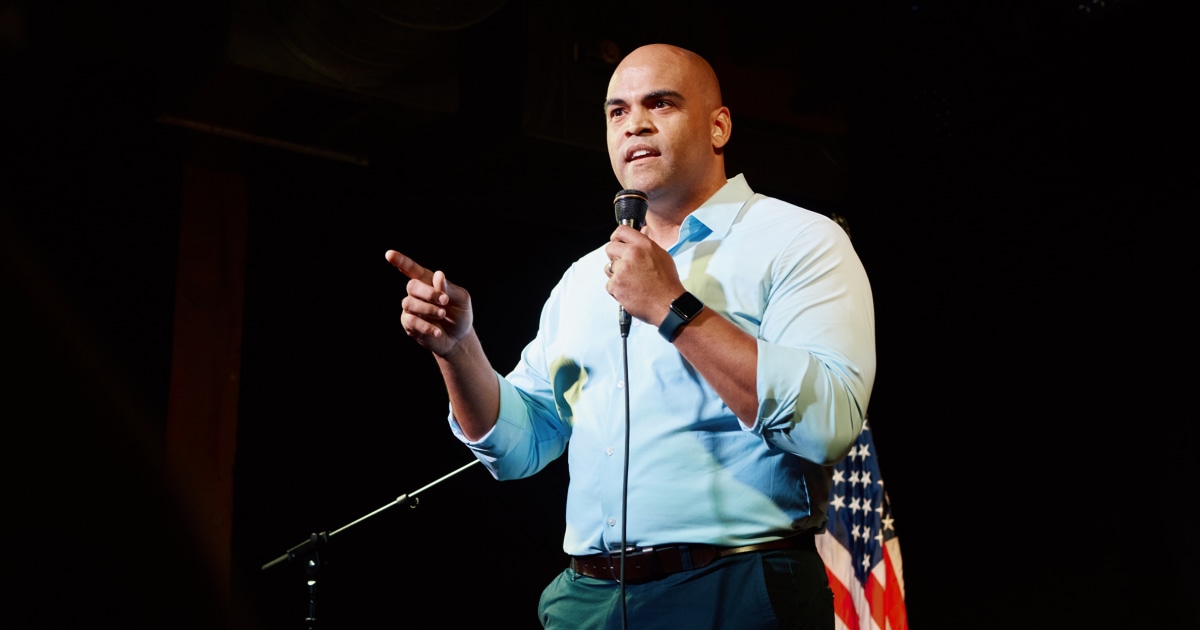German Chancellor Olaf Scholz walks after his speech in the lower house of parliament, the Bundestag, in Berlin, Germany on November 13.
| Photo Credit: REUTERS
The story so far: On November 6, Germany’s ruling ‘traffic light’ coalition, composed of the Social Democrats (SPD), the Greens and the Free Democrats (FDP), collapsed when Chancellor Olaf Scholz fired his Finance Minister, FDP’s Christian Lindner. A no-confidence motion against the government will be initiated on December 16, which Mr. Scholz is sure to lose without the support of the FDP. Therefore, Mr. Scholz has agreed to hold snap elections on February 23, 2025 ahead of the scheduled election in September 2025.
What happened?
Germany’s current ruling coalition, which came to power in 2021, has been one of the most ineffective coalitions that the country has seen. Constant infighting over key issues such as the budget agreement, war with Ukraine, defence and energy spending has brought about a dysfunctional governance model.
While the Chancellor’s SPD and the Greens want heavy state investment by increasing government borrowing, Mr. Lindner’s bro-business party has rejected the same by espousing strict adherence to Germany’s debt brake rule which prohibits borrowing beyond a set limit. Further, the FDP has asked for tax cuts for the wealthy, and austerity measures both of which have been staunchly opposed by the other two coalition partners.
The looming multi-billion dollar gap in the federal budget is yet another thorn on the side of the government.
What is Germany’s debt brake rule?
Germany’s debt brake rule limits the EU country’s borrowing to 0.35% of its GDP. This limit, written into Basic Law (German Constitution), effectively means that the government has to try to balance its books every fiscal year, that is, it can only spend what it makes via taxes and levies. This rule was written into the law in 2009 after the 2008 economic crisis to bring public finances back under the control of the government. The debt brake limits indiscriminate government borrowing which would later translate to huge interest and fall as a burden on future generations. While it had been opposed then by the Greens and other opposition parties as limiting the government’s ability to spend and act, it became legally binding for the federal government and the states in 2016 and 2020, respectively. No other EU country has such strict borrowing rules.
However, there is an exception clause “which allows the Bundestag [German Parliament] to suspend the debt brake by a simple majority in the event of a natural disaster or other extraordinary emergency situations beyond the control of the state.” The Bundestag has already used this exception from 2020-2022 citing the COVID-19 pandemic and the onset of the Ukraine-Russia war which caused the energy crisis in the country — Germany has been one of the strongest defenders of Ukraine in the EU, with funds for Ukraine’s security capacity building initiative in 2024 alone amounting to approximately 7.1 billion euro. However, this has led to Germany cutting/weaning off from Russian energy causing an energy crisis in the country, the effects of which are still felt in the economy.
What about the budget?
To work around the debt brake and to finance its fiscal needs, Germany has a list of various off-budget ‘special funds’ which it uses for economic spending without breaking the debt limit. Some of these funds include the climate and transformation fund, the economic stabilisation fund, the federal armed forces fund etc. The ruling coalition was depending on these funds to get them through the increased commitments to climate initiatives and defence spending.
However, on November 15, 2023, a constitutional court ruled that transferring unused pandemic era debt of around 60 billion euros to one of the funds, specifically the climate and transformation fund, was unconstitutional. This had blown a hole into the federal budget and further stressed a coalition already frayed by ideological differences.
What next?
The leader of the opposition alliance, composed of the Christian Democratic Union (CDU) and the Christian Social Union (CSU), Friedrich Merz is leading in opinion surveys. A poll conducted by Forsa, wherein they asked citizens who they would vote for if there was an election next Sunday, showed the opposition alliance leading at 33% as compared to the SPD’s 16%.
However, AfD, the far-right party of Germany, is also gaining influence in the country. The anti-immigrant party recently won the election in the eastern state of Thuringia, its first state election since the Nazi-era. According to Forsa, AfD’s approval rates are at 17%, higher than the SPD’s.
The AfD has been accused of having extensive networks with neo-Nazi groups. A former AfD member of the German parliament is currently in custody for alleged involvement in the planning of a coup. There is even a proposal to file a motion to ban the AfD. Therefore, while the AfD are unlikely to lead government, the party could get a larger seat share in the Bundestag. AfD has opposed all arms shipment to Ukraine and similar to U.S. president-elect Donald Trump has called for strict rules against irregular migration and open borders.
Published – November 18, 2024 08:30 am IST


